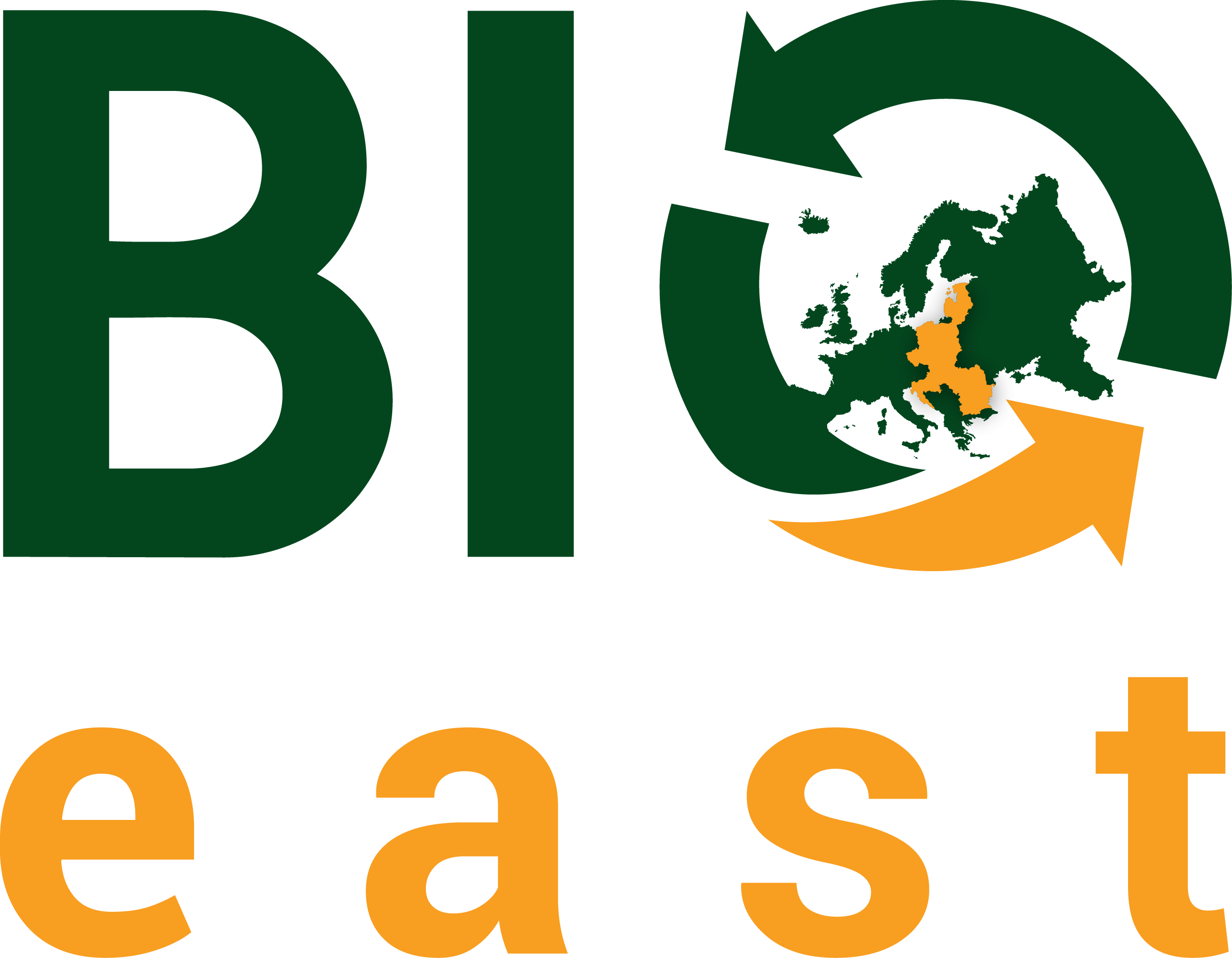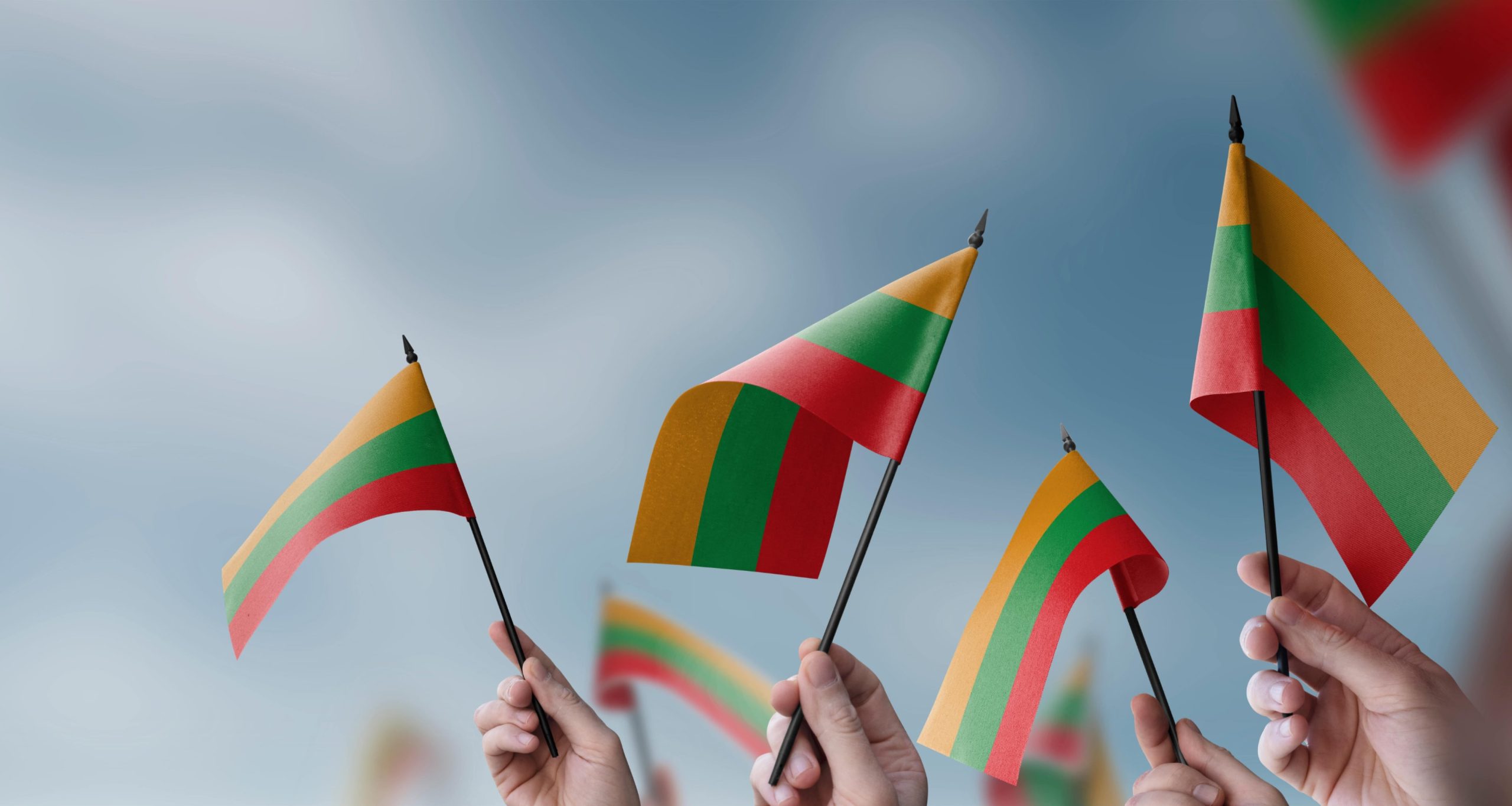Bioeconomy Policy Framework
Lithuania’s bioeconomy policy development is a collaborative effort with the following roles and responsibilities in Lithuania’s Bioeconomy Policy:
- The Ministry of Agriculture (MoA) oversees sustainable agriculture and forestry practices; promotes circular and bio-based production systems;
- The Ministry of Environment collaborates with the MoA to ensure environmental sustainability in bioeconomy initiatives;
- The Ministry of Economy and Innovation fosters innovation and technological development in the bioeconomy;
- The Ministry of Energy integrates bioeconomy goals into renewable energy strategies, particularly through Bioenergy production (biogas, biofuels) and integration of bio-based energy systems into national energy policy.
The established Lithuanian Bioeconomy HUB is a platform fostering collaboration among ministries, industry leaders, and the scientific community uniting the key supporting and cooperating institutions.
Current bioeconomy strategies and development trends
Bioeconomy sectors as agriculture, forestry, fisheries and aquaculture and others are partially covered by various documents, such as roadmaps and programmes that are currently in force:
- Roadmap for the transition to a circular economy in Lithuania by 2035
- A roadmap for the transition of Lithuanian Industry to a Circular Economy (link)
- Government resolution on the approval on the concept of research and experimental development and innovation (smart specialisation) (link)
- Resolution of the Government of the Republic of Lithuania on the Approval of the Agriculture and Food, Rural development and Fisheries development programme of the Ministry of Agriculture of the Republic of Lithuania, manager of the development programme for 2022-2030 (link)
- Lithuanian CAP Strategic Plan for 2023-2027 (link)
- Bioeconomy Concept Paper – Lithuania 2023 (link)

